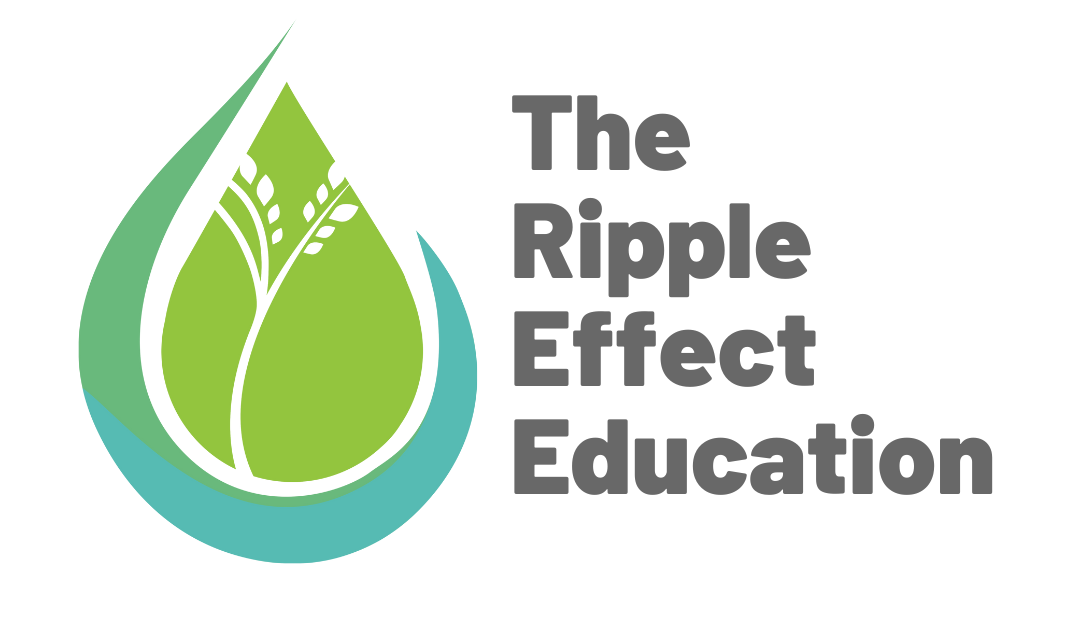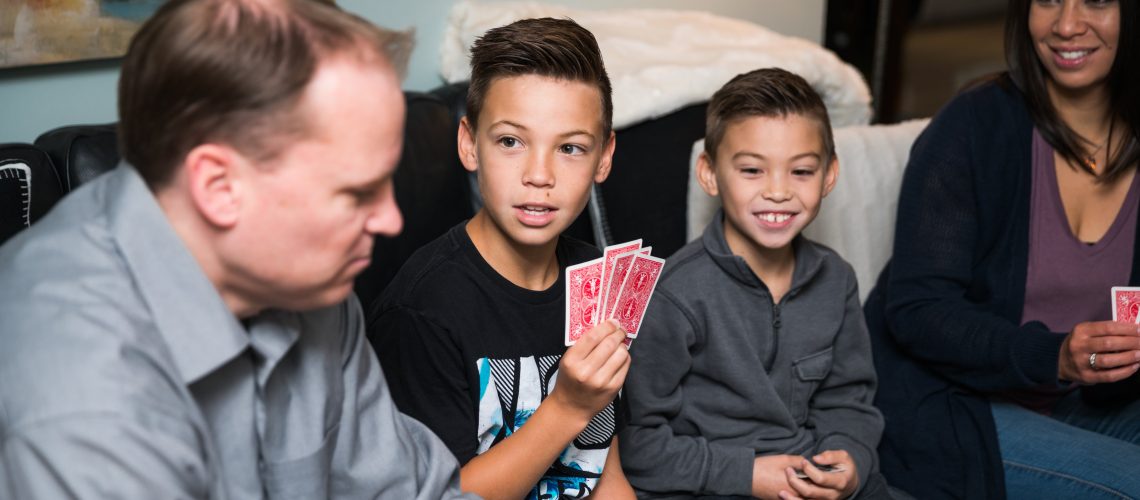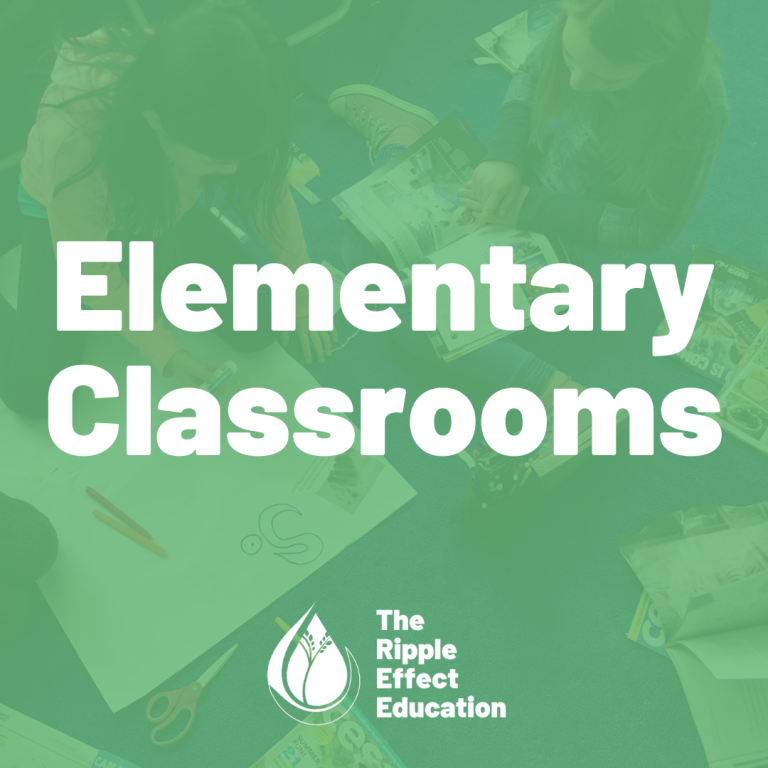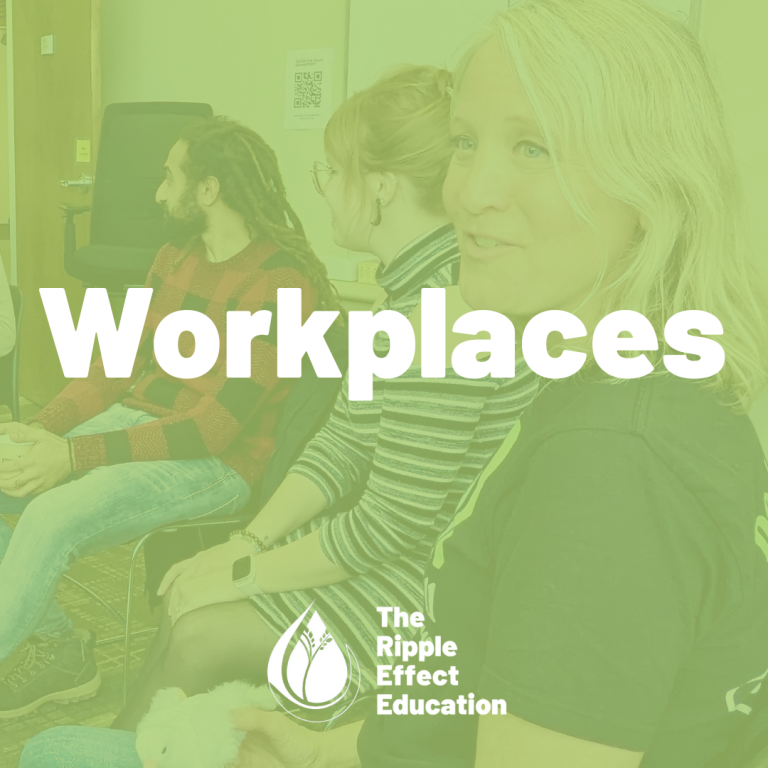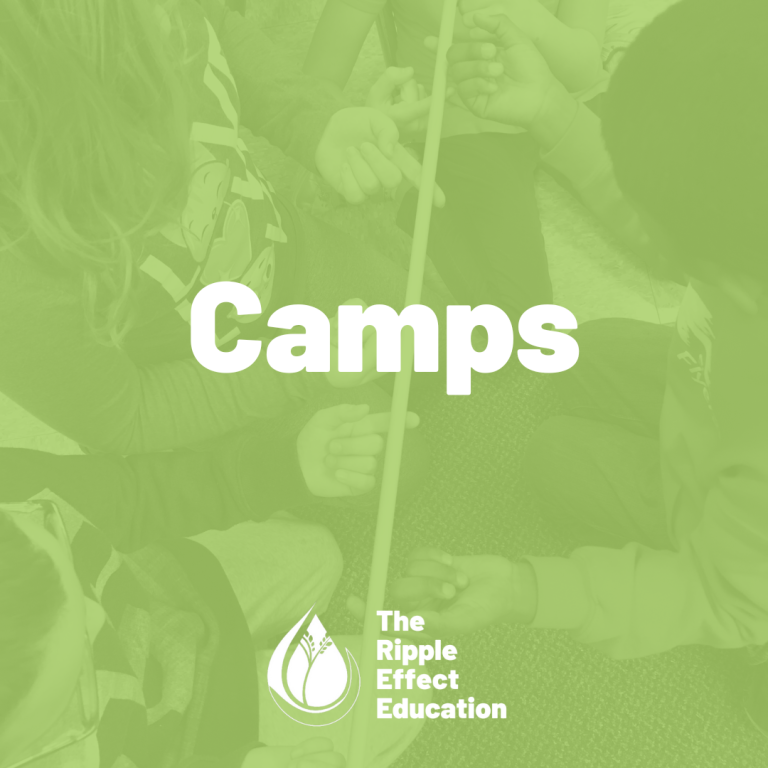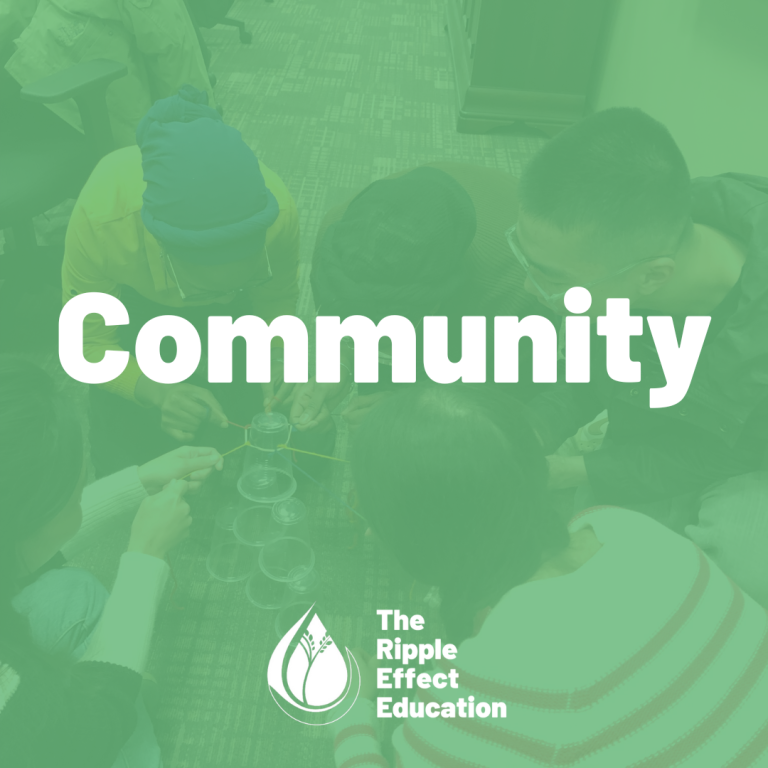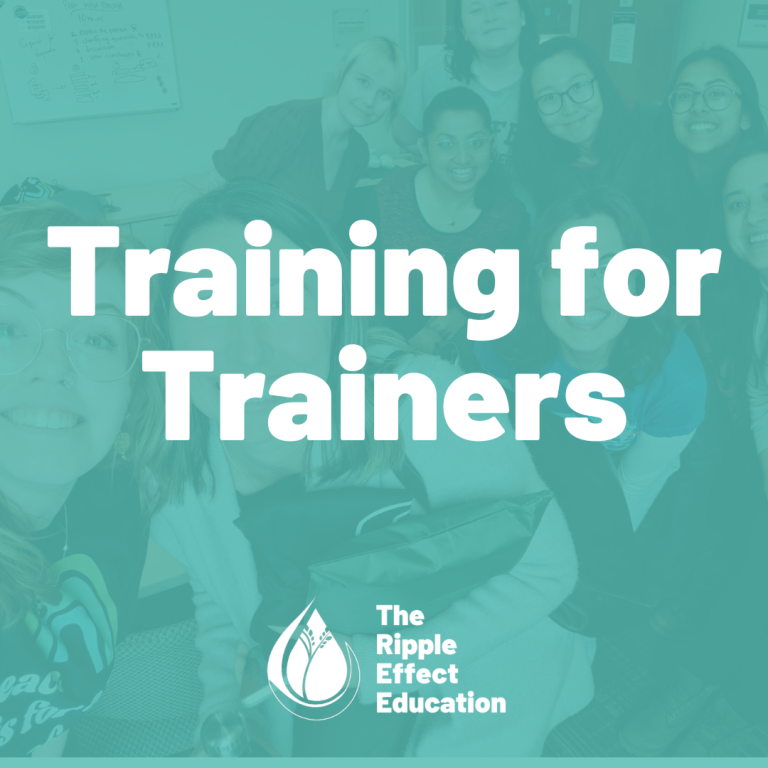It’s the little things.
Your child gets you out of bed thirty minutes before your alarm goes off.
The car won’t start.
You forgot about an important deadline at work.
You don’t have time to make dinner, and your kids won’t eat it when you do.
Suddenly, someone says one more thing out of line and you snap. Now everybody around you is walking on eggshells.
Sometimes it’s hard to even realize that you’re feeling stressed, anxious, or annoyed until you’ve reached your breaking point. We’ve all been here. These little moments feel like nothing until we find conflict creeping into our homes and workplaces without realizing it.
However, there are little things that you can do throughout your day to diffuse tension early on.
Mindfulness, the practice of bringing awareness to our thoughts and feelings, is a skill we teach in our programs to better equip us in conflict situations. You don’t need to practice mindfulness for very long to reap its benefits, so these little moments can create lasting impact for the rest of your day. Consider incorporating any of these tools into your existing, everyday routine.
Body Scan
- Check in with your body in a body scan, which encourages you to notice areas of tension you may be carrying in your body.
- Start by becoming aware of each part of your body, slowly, from head to toe. Move from your forehead to your eyebrows to your lips, jaw, neck; all the way to your toes.
- As you move to each body part ask yourself questions like: What sensations am I feeling here? Am I holding any tension I can let go of? What does it feel like to let go of tension here?
- Finish the body scan by taking a moment to sense your entire body, as one complete whole. Notice any final areas that are causing you tension.
Breathing
- This one seems so simple. We need to do this to live, after all! However, breathing as a practice is often overlooked in our day-to-day lives.
- Let’s say someone just cut you off in line. Before reacting, take a long breath in (3-5 seconds), and a long breath out. Check in with how you are feeling.
- Taking a moment to acknowledge the moment with a breath and then letting it go can be a powerful tool in conflict resolution. Breathing helps us check in before we react.
Gratitude
- Cultivating gratitude with your surroundings can help generate positivity and build empathy with the people in your life.
- Set aside a time in your day (before bed or as soon as you get up in the morning) when you can write at least three things you are grateful for. Write them down in the same place to create a growing list. Every week, read through this list and shift your focus to what is good in your life.
These practices do not have to end with yourself! Children are malleable and curious, and these practices can easily be normalized within your home. When adapting these practices to children, consider the following:
- Keep it short: 2-5 minutes is about all a child can handle while staying focused.
- Keep it tactile: Instead of simply breathing, put a small toy on their belly and watch it go up and down as they breathe in and out.
- Keep it fun: Incorporate crafts or drawings into a mindfulness practice. Have a child draw what they are feeling, instead of simply talking about it.
Stressful moments can accumulate fast. But with a few little tricks, we can tune into our emotions and become better equipped for conflict resolution.
 Rachel Watson is a content writer based in Kitchener-Waterloo. She is passionate about using her writing to provoke thought, connect others, and create impact. After spending two years developing curriculum content for The Ripple Effect Education, she now works as a communications writer at Sun Life and as a freelance writer around town. She is a member of TREE’s advisory team.
Rachel Watson is a content writer based in Kitchener-Waterloo. She is passionate about using her writing to provoke thought, connect others, and create impact. After spending two years developing curriculum content for The Ripple Effect Education, she now works as a communications writer at Sun Life and as a freelance writer around town. She is a member of TREE’s advisory team.
